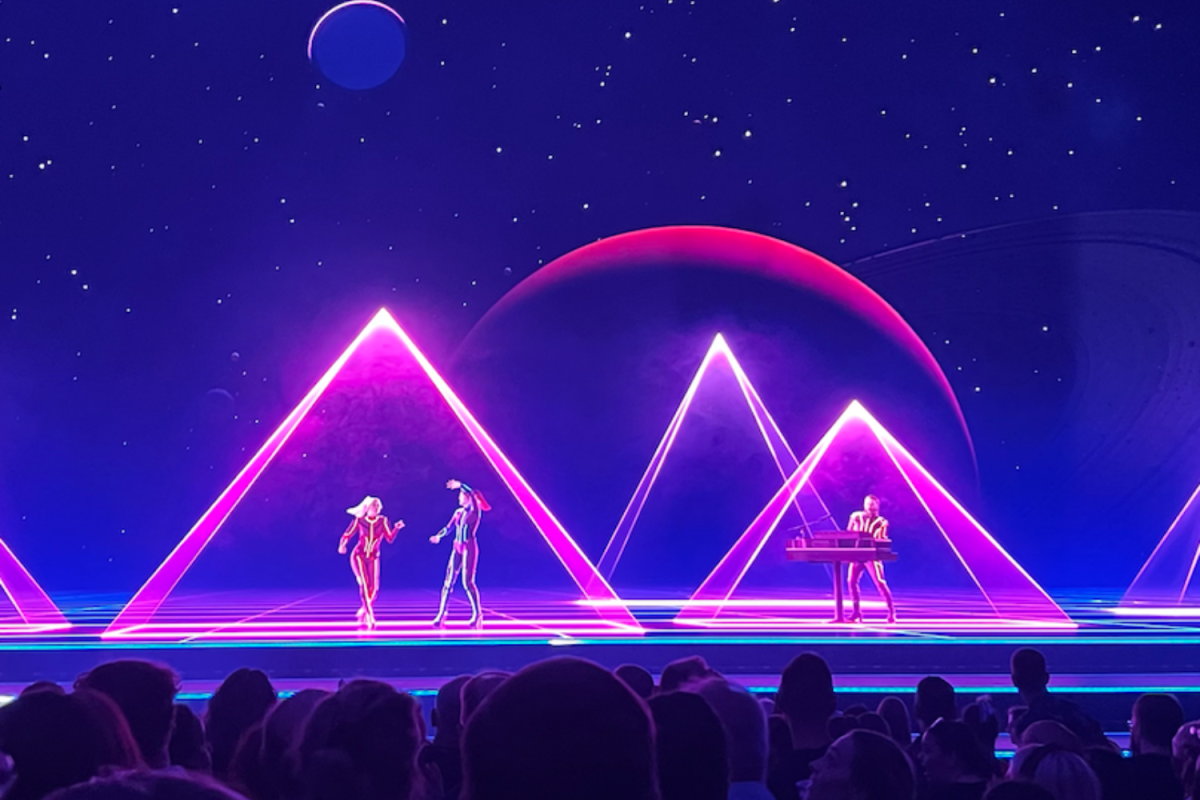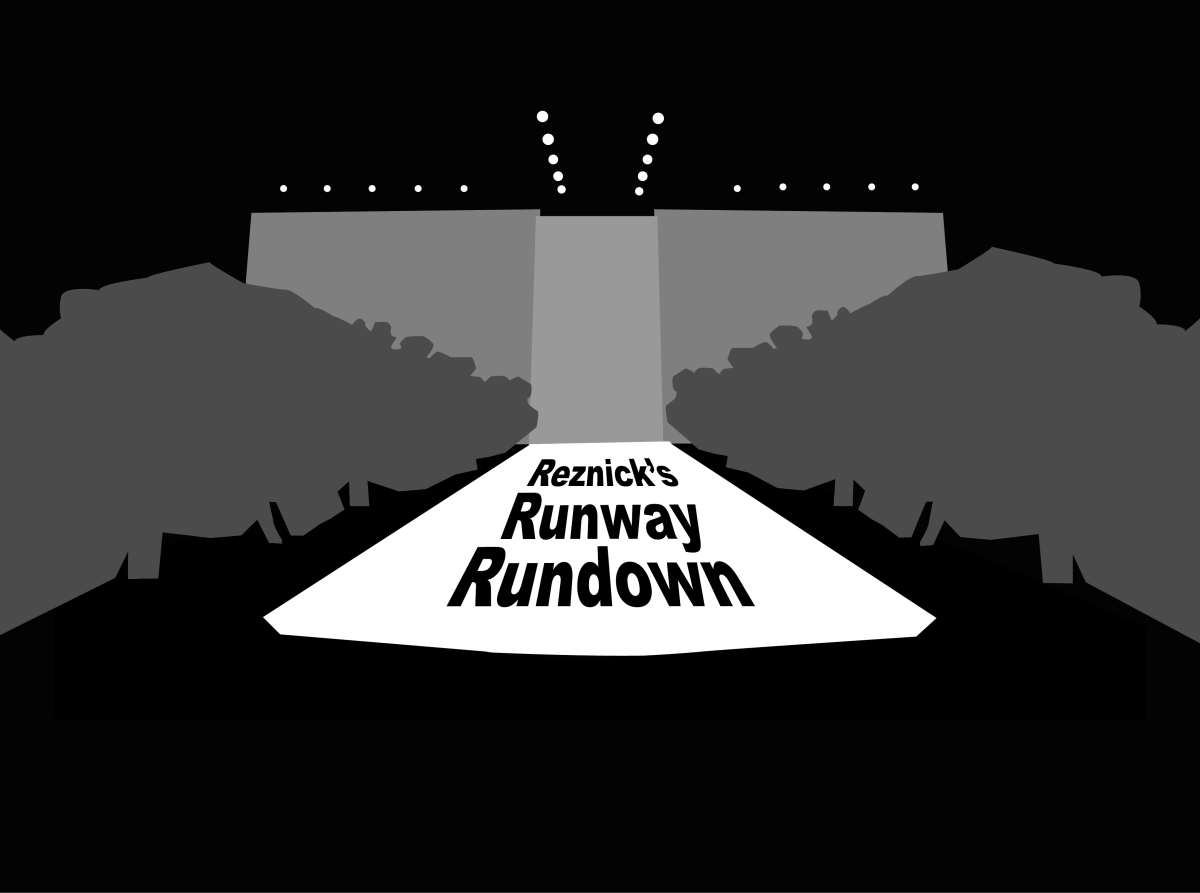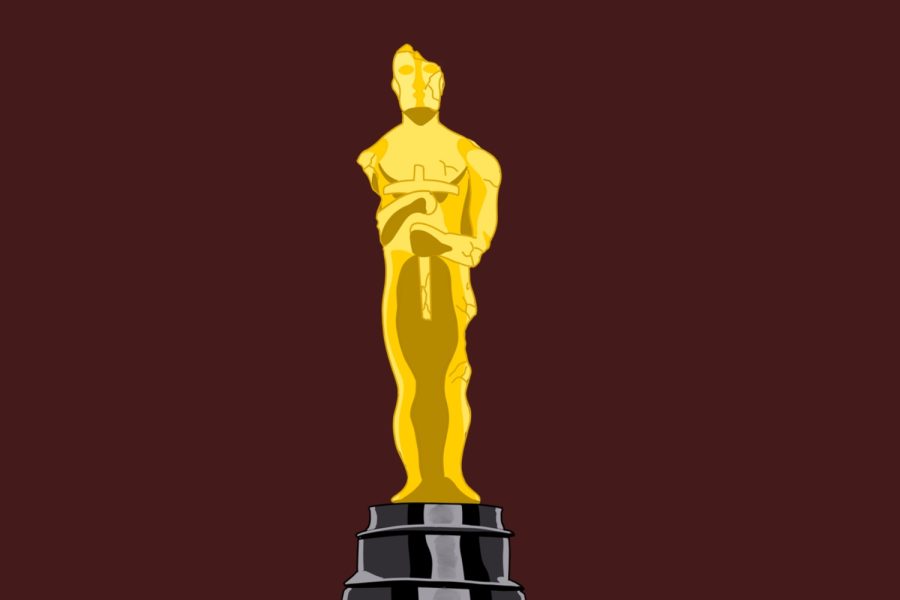It seems “the slap” is the only thing for which this year’s 94th Academy Awards, also known as the Oscars, will be remembered. After awards announcer Chris Rock made a crude joke about Will Smith’s wife Jada Pinkett, an enraged Smith slapped Rock onstage and warned Rock to keep his wife’s name out of his mouth after returning to his seat.
Smith has since been banned from attending the Academy Awards for the next ten years. While the slap has created large speculation over the future of Smith’s career, it also highlights another not-so-evident dilemma: the decline of the Academy Awards.
In fact, if it were not for the slap, not nearly as many people would have known the Oscars happened. The top comment on The Guardian’s coverage of the slap – with nearly 100,000 likes – reads, “If this didn’t happen, I wouldn’t even know the Oscars happened today.” I similarly found out the Oscars had occurred from a post of the slap on my TikTok feed.
The public reaction toward the slap also emphasizes the award show’s gradual decline in reputation. While there would have been intense outrage at such poor behavior occurring at the Oscars in the past, it was only met with half-hearted disappointment and even amusement at the ceremonies’ expense.
Based on the audience’s muted reaction toward the slap, it is clear viewers simply do not hold the Oscars to the same standard anymore. In fact, according to Google Trends, the viewership for the Academy Awards has been on a steady decline for the past five years despite the increase in internet usage during the pandemic.
In the early 2010s, I always remember an air of excitement each year when the Oscars rolled around. There was something irresistible about the world’s most talented and famous actors coming together in classy outfits to admire the best movies of the year. So how could one of the world’s most acclaimed awards fall to this level of mediocrity?
The Oscars’ fall from grace arguably began in 2016 when it encountered problems with diversity. For the second year in a row, every single nominee for the Oscars was white despite standout performances from multiple actors of color. There were even white nominees from movies that arguably had better performances from actors of color, such as the nomination of Silvester Stallone in “Creed” over Michael B. Jordan.
In response to what could only be seen as racism, public outrage and condemnation of the awards swept the nation. Multiple actors even boycotted the event altogether. For the first time, the Oscars found itself vulnerable to large-scale public disapproval, and its attempt to mend these wounds made things even worse.
Following the backlash of the 2016 Academy Awards, the 2017 show nominated a much more diverse set of actors. However, it was clear that the Oscars and Hollywood had become completely paranoid about being criticized.
In preparation for the 2017 award ceremony, the Academy Awards introduced a “thank you scroll,” which eliminated the need for nominees to thank their teams. Consequently, over the next four years, there was a substantial increase in the number of acceptance speeches with political themes.
Admittedly, political speeches had been used to great effect in the Oscars of previous decades. Instances such as Sacheen Redfeather, a Native American activist who accepted the award on behalf of Marlin Brando in 1973, gained public attention because they stood out against the typical acceptance speeches.
What made these speeches unique, however, was their rarity. Today, these political speeches have become the norm, thus weakening their resonance with audiences.
The group giving these speeches also hinders their overall effect. Part of what made the Oscars so famous was its reputation as an exclusive, high-profile event with only the most elite actors in attendance. Even so, when the same elite actors gave speeches about economic inequality and poverty, it seemed hypocritical and out of place.
This hypocrisy was brought to attention in 2020, when Ricky Gervais called out these political speeches while hosting another popular Hollywood award ceremony, The Golden Globe Awards. In his opening monologue, Gervais criticized the increasingly politicized nature of acceptance speeches, clearly referring to the Oscars: “If you do win an award tonight, don’t use it as a platform to make a political speech. You’re in no position to lecture the public about anything, you know nothing of the real world,” according to an article from The New York Times.
In their attempt to please angry audiences, the Oscars have taken actions that have added distance to their historic exclusivity.
Even before the slap, the Oscars’ latest attempts to revive its reputation stirred more controversy. In the latest show, the Oscars partnered with TikTok stars like Blake Gray and Annita Star to attract a younger audience.
But, this only gave off the impression that the Academy Awards seemed to be sacrificing the exclusivity, classiness and maturity of preceding decades in a desperate attempt to stay relevant. In fact, the influencers were entirely unrelated to the nominated movies or film-making in general, making their inclusion purposeless.
While the immediate problem is addressing actors’ behavior on stage, the true underlying concern with the Academy Awards is that they have become too reparatory. In their attempt to please angry audiences, the Oscars have taken actions that have added distance to their historic exclusivity.
What the award show does not seem to realize is that they can create the positive change they seek by returning to their original mission: celebrating groundbreaking pieces of film. If the Academy Awards truly wants to escape this decline toward sure-obscurity, they need to listen directly to the public rather than these scant attempts to reconnect with their audiences.





